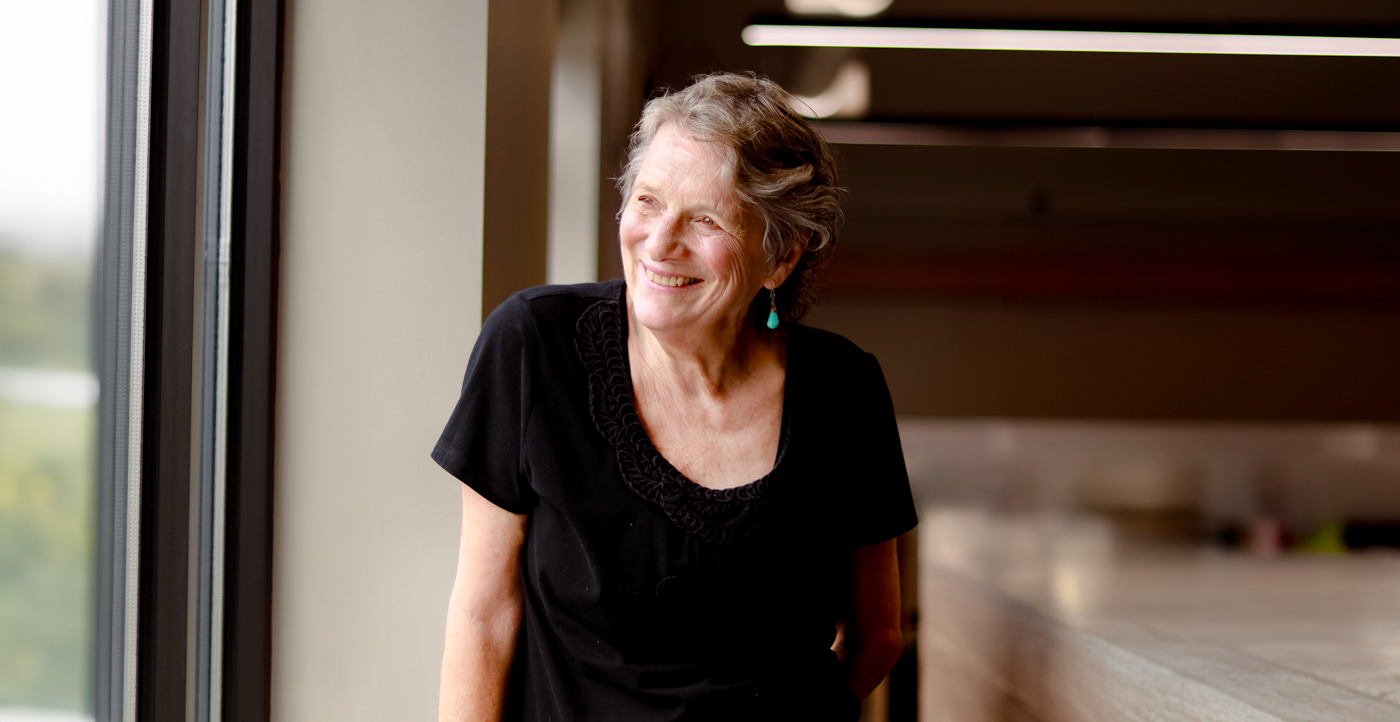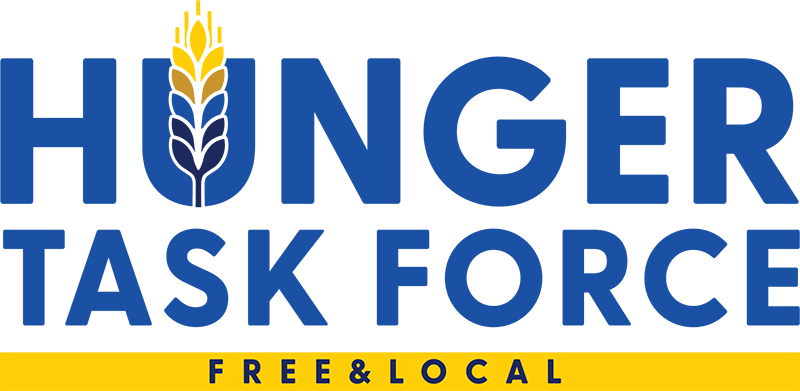Karen Royster Focused on Community Organizing to Grow Hunger Task Force in the 1970s

50 Faces. 50 Stories. 50 Years of Fighting Hunger.
Hunger Task Force is proud to be Milwaukee’s only Free & Local food bank and Wisconsin’s anti-hunger leader. In celebration of our 50th Anniversary, Hunger Task Force is highlighting “50 Faces of Ending Hunger,” honoring the anti-hunger heroes who champion Free & Local and support our mission to end hunger.
———————————————
Karen Royster’s leadership as Executive Director of Hunger Task Force in the late 1970s marked a transformative period for the organization. Her five-year tenure, from 1975 to 1980, helped lay the foundation for what Hunger Task Force has become today – a robust food bank and anti-hunger organization deeply embedded in the Milwaukee community.
Karen, who succeeded Barb Notestein as the second director, brought extensive experience in community organizing to her role. With a strong background in tenant advocacy and political work, her transition to Hunger Task Force was a seamless one. Karen strengthened and expanded the state advocacy program for school meal programs and food stamps that had been initiated by her predecessors.
When she joined the team, Hunger Task Force was a modest food bank whose advocacy work was housed in just three rooms above a church. “We had a warehouse for food, but it was a small operation at that point,” she recalls. Her primary mission was clear – secure a new space and expand the organization’s capacity. To achieve this goal, she built an advisory board. “My main job at the time was to raise money to find us a new space and warehouse,” she says. The advisory board was crucial in helping to fundraise and increase awareness of Hunger Task Force.
Under Karen’s leadership, the organization expanded its focus from immediate relief to a more structured approach to food banking and advocacy. “People who were running pantries were focused on the today. We helped them focus on the tomorrow,” she notes. By bringing together community organizations and strengthening their collective voice, she helped shift the focus from immediate relief to long-term solutions.
In the early days, Hunger Task Force relied heavily on donations from food drives. “There was a network of churches that we worked with as the main distribution sites of food,” Karen describes. While the organization did receive some support from the state and local companies, much of the food came from these smaller, one-off donations. It was not yet the large-scale operation supported by federal programs like The Emergency Food Assistance Program (TEFAP) or the Hunger Task Force Farm, which are critical to the organization’s inventory today.
After leaving Hunger Task Force, she continued her advocacy work with the East Side Housing Action Committee (ESHAC) and later in state policy roles.
Reflecting on her time at Hunger Task Force, Karen expresses admiration for the organization’s evolution. “I think recent developments at Hunger Task Force – The Farm and the robust senior programs – are very impressive and I appreciate the ways these programs work to provide sustainable access to healthy, fresh foods,” she shares.
Karen’s leadership and work in community organizing laid the groundwork for the Hunger Task Force’s growth and its continued success in addressing hunger in Milwaukee. Her legacy is a testament to the power of addressing immediate needs and focusing resources on long-term solutions.
Meet the 50 Faces of Ending Hunger!
Click below to discover real people making a difference in the fight against hunger – new faces added each month! As we journey through our 50th year, keep checking back to meet more incredible individuals making a difference.
